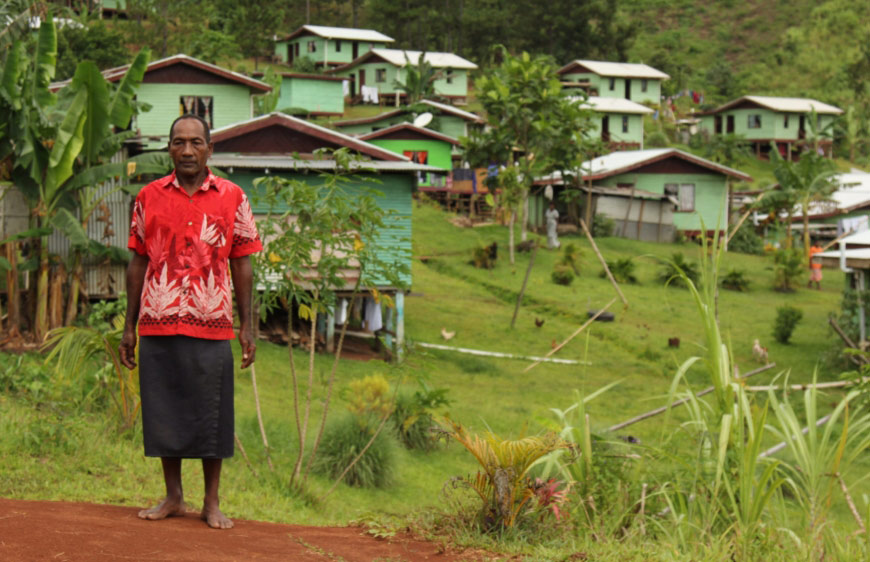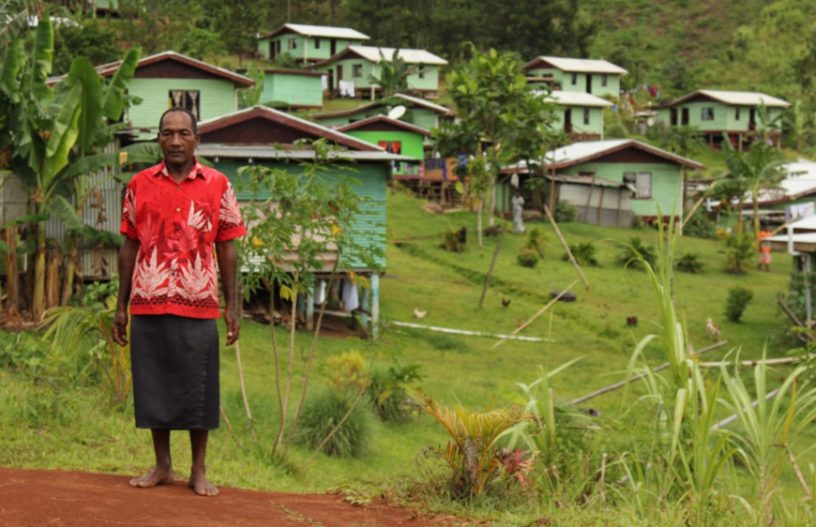
This study argues that despite being considered an effective adaptation mechanism to climate change, the relocation plan is facing multiple hurdles in Fiji.
Authors
Saber Salem, Doctoral Research Fellow with the School of International Affairs, O.P. Jindal Global University, Sonipat, Haryana, India
Armin Rosencranz, Founding Dean of the Jindal School of Environment and Sustainability at O.P. Jindal Global University, Sonipat, Haryana, India
Summary
Climate change is, undeniably, a global phenomenon, which requires timely and sincere global efforts and commitments to save the planet before it is too late. The island nations in the blue Pacific region are arguably experiencing the destructive nature of climate change more than any other nation in the world.
Scientists warn that this slow-motion phenomenon is claiming entire nations, which will not exist on the face of the earth as early as next century. Sea-level rise is one of the biggest existential threats that the region is facing.
Countries such as Tuvalu, Kiribati and Marshall Islands have already started sinking with their citizens looking for alternative countries. In Fiji, more than 200 low-lying villages are at risk of sinking and the government hopes to relocate these communities to higher ground, despite the pressure this would place on its weak economy. The relocatees will lose their most precious commodity, the land, which is their identity, status and source of survival.
The other most precious commodity to which they attach a sense of belonging and will be lost for life are their ancestral homes, culture and traditional way of life. The relocation plan also creates distance between people and the sea, which is the source of their food.
This article argues that despite being considered an effective adaptation mechanism to climate change, the relocation plan is facing multiple hurdles. The plan is far beyond the financial capacity and technical prowess of the Fijian government. The other possible alternative to mass relocation is strengthening the locally-made seawalls into strong durable structures, which can withstand the strength of cyclones and be an effective barrier to further shoreline erosion.
The small island developing nation of the Pacific region will need financial and technical assistance from the industrialised nations to implement such a project successfully.
Published in: Environmental Policy and Law
To read the full article, please click here


